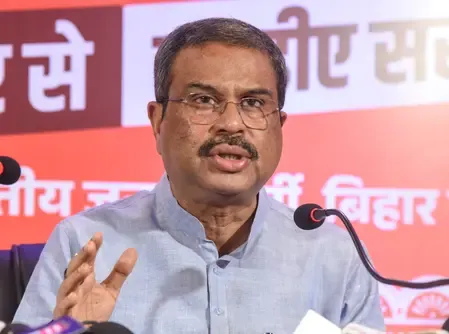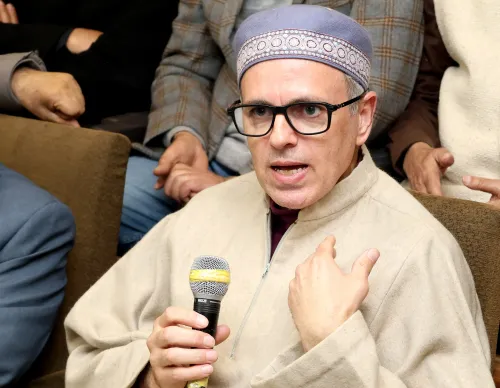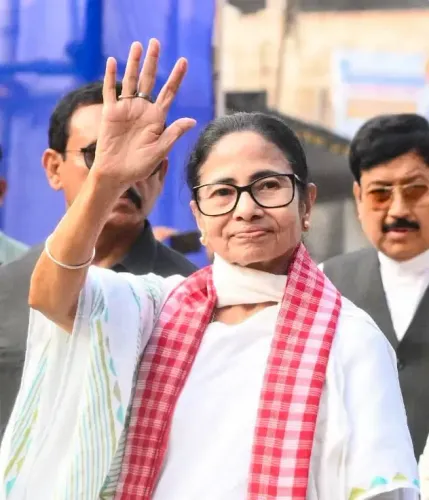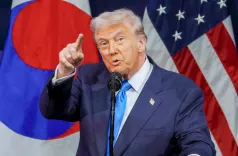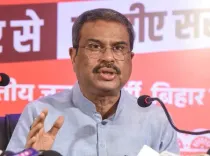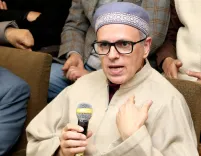India Fostering Digital and Financial Literacy for Rural Women Entrepreneurs: Government at UN
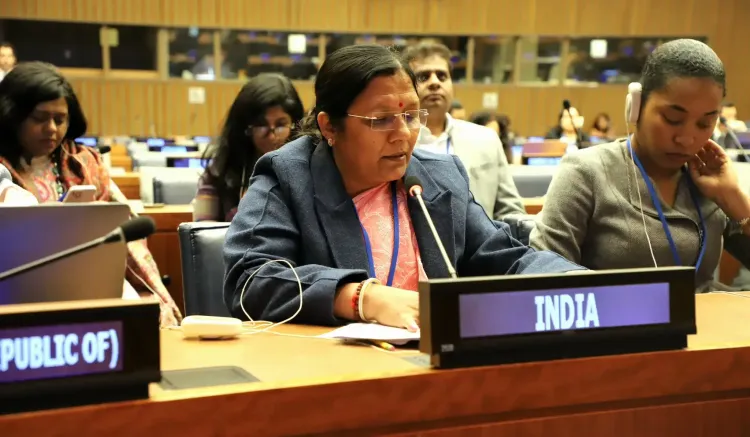
Synopsis
Key Takeaways
- India promotes digital and financial literacy for rural women.
- Initiatives like JAM TRINITY enhance financial inclusion.
- Women’s workforce participation is a government priority.
- Robust social protection model includes maternity benefits.
- Over 100 million children and mothers benefit from early childhood services.
New Delhi, Feb 12 (NationPress) India is actively fostering digital and financial literacy among women entrepreneurs in rural regions, as stated by Savitri Thakur, the Union Minister of State for the Ministry of Women and Child Development.
She made this announcement at the 63rd session of the UN's Commission for Social Development (CSoCD), taking place from February 10 to 14 in New York, USA. The session focuses on promoting discussions and alliances on critical social development issues, with an emphasis on advancing inclusive social policies and enhancing global social well-being.
“India has adopted a women-led development approach, ensuring that women play a vital role in shaping the country's development path,” Thakur stated.
“India has initiated extensive programs to close the gender digital gap, enhancing digital and financial literacy, particularly in rural communities. This initiative has empowered millions of women entrepreneurs, from startups to scalable enterprises,” she noted.
Thakur pointed out that programs like the JAM TRINITY (Jan Dhan, Aadhar, Mobile) have contributed to “achieving financial inclusion for marginalized groups, especially women, individuals with disabilities, and the elderly.”
The Minister emphasized that increasing women's workforce participation remains a top priority for the government, leading to the development of a comprehensive social protection model. This includes 26 weeks of paid maternity leave, maternity benefits for 37.5 million mothers, a network of one-stop centers, and a national women's helpline.
Additionally, India offers early childhood care, nutrition, and education services that benefit over 100 million children, mothers, and adolescent girls.
“India is wholly committed to expediting global progress and supporting the Commission's efforts towards a just world for all,” Thakur affirmed.
The session was attended by representatives from 49 countries, including ministers from 16 nations such as France, Turkiye, Saudi Arabia, and Sweden.
India has been a proactive participant since the 1995 Copenhagen Summit on Social Development, making significant strides in tackling poverty, malnutrition, and providing universal healthcare, while also leading the way in digital public infrastructure for sustainable development.


